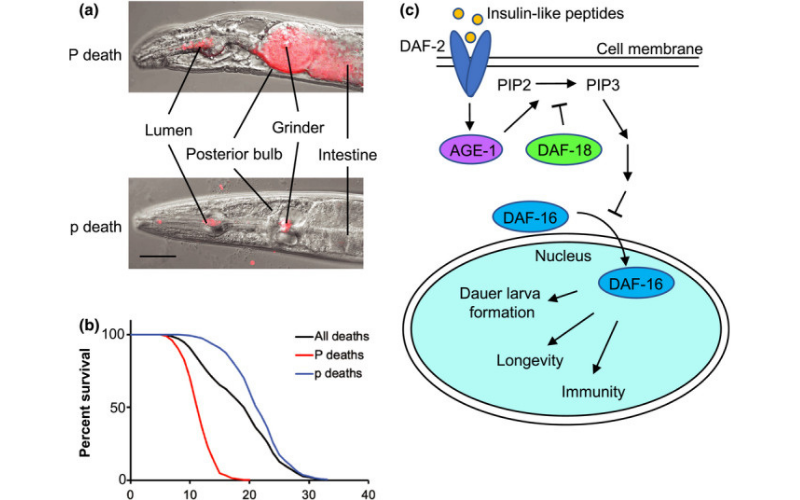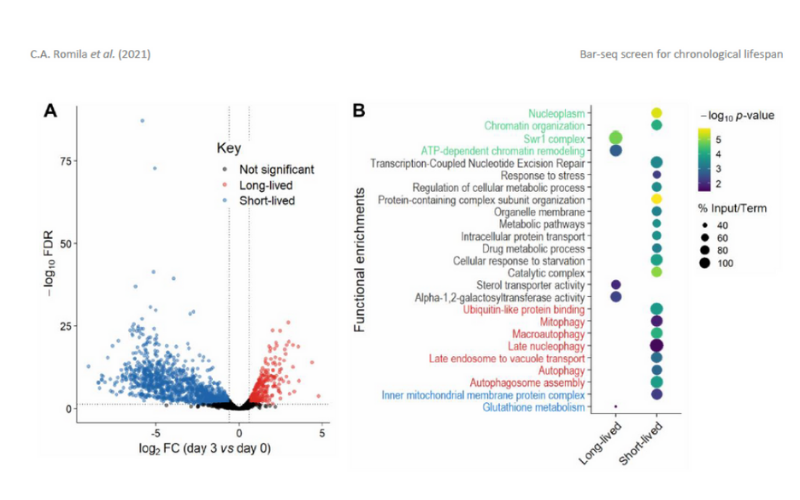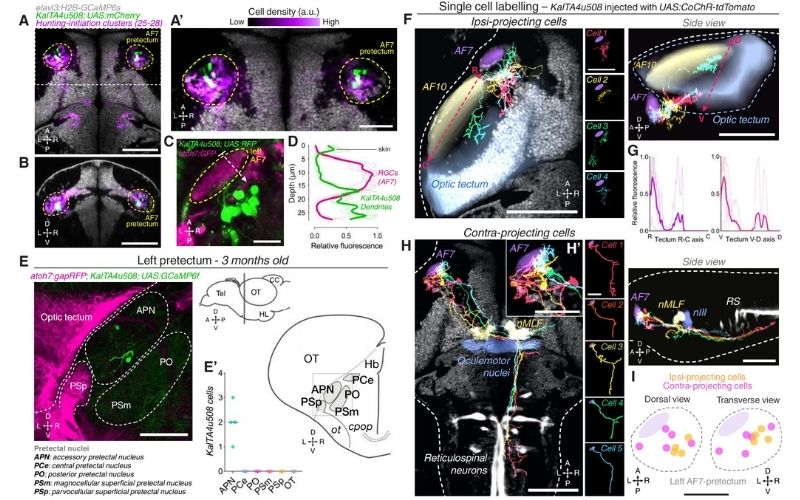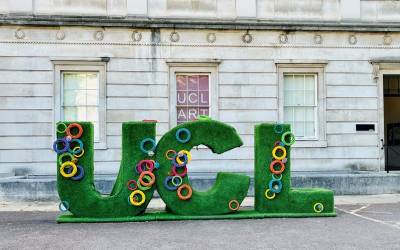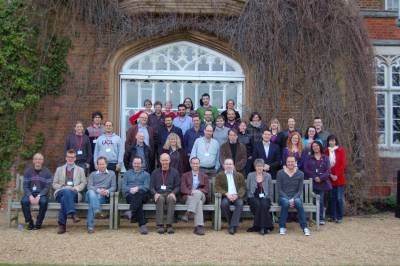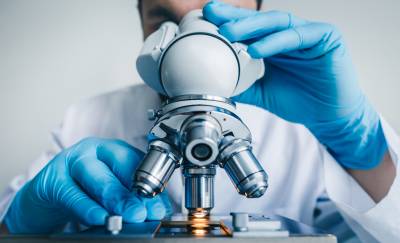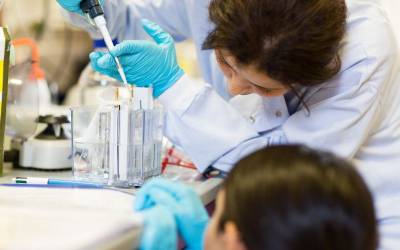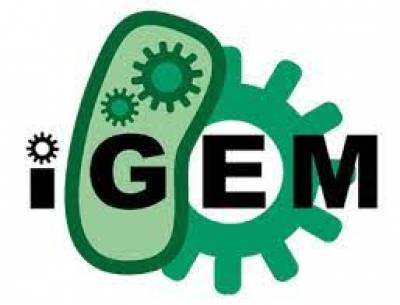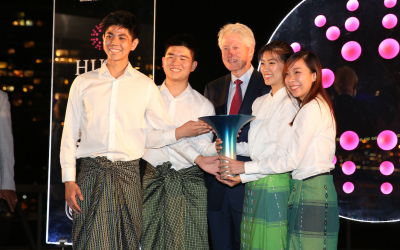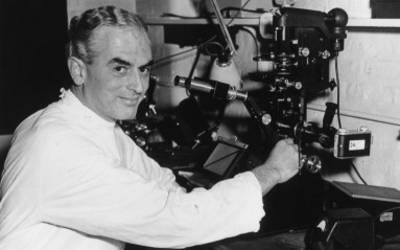Biomedical Sciences degree
| Programme details | |
|---|---|
| Start date | September |
| UCAS code | B990 |
| Duration | 3 years Full Time |
| Location | UCL Bloomsbury |
Why study Biomedical Sciences at UCL?
UCL has been ranked second in London and ninth in the world for Life Sciences and Medicine in the 2023 QS World University Rankings.
- The flexible programme structure provides you with a sound foundation in year one, across a range of scientific subjects. This better informs you to choose an area in which to specialise. This is a unique opportunity to tailor your studies without losing focus from the main foundation of science.
From year two, you are able to specialise in one of five specialty areas. You are also able to move to a select number of other science based undergraduate programmes at UCL.
UCL is home to the prestigious Wolfson Institute for Biomedical Research (WIBR). Academics from the WIBR teach at UCL and there may be opportunities for you to conduct your third year projects at the WIBR.
UCL teams have won several awards at the International Genetically Engineered Machines (iGEM) competition. UCL students can apply to join an iGEM team during any year of their degree course but most often UCL iGEM team members have completed at least one year of undergraduate study.
Course structure overview
Year one consists of seven compulsory modules. We believe that the compulsory modules we have chosen will not only provide an excellent grounding across the sciences but will also allow students to find the areas about which they are passionate.
In year two students are presented with a number of options. They can stay on the BSc Biomedical Sciences degree and choose to focus on one of five streams. The second option is to transfer to one of eight specialist degree programmes. Students will have a mixture of compulsory and optional modules based on their choices.
In year three, students will choose to undertake either a laboratory based research project (45 credits) or a literature based research project (30 credits). They will then choose from a wide range of UCL modules to the value of 75 or 90 credits depending on their chosen project.
A choice of five degrees
Whilst all students enter this programme enrolled in the BSc Biomedical Sciences, at the end of year one students are able to choose one of five degree options.
The options are:
1. Organs and Systems
Focuses on human anatomy and the nervous system. Appropriate for those interested in the understanding and treatment of human diseases.
Full list of Organs and Systems modules
2. Control Systems
Focuses on the nervous system and neuroscience. Appropriate for those interested in the understanding and treatment of human diseases.
Full list of Control Systems modules
3. Developmental Biology
This stream focuses on how an organism develops. You will study how single cells become a group of cells and how that group then performs tasks at specific times.
Full list of Developmental Biology modules
4. Drug Mechanisms
Drug mechanism is a term used to describe how a drug or other substance produces an effect in the body. This knowledge assists in developing the right dose of a drug, understanding which patients are most likely to respond to treatment and ensuring safety.
Full list of Drug Mechanisms modules
5. Cells and Molecules
This stream focuses on the study of the structure and function of organisms and biological processes at the level of cells. This includes DNA, RNA, proteins, lipids and carbohydrates.
Full list of Cells and Molecules modules
Degree transfer options*:
- Genetics
- Human Genetics
- Cell Biological MSci (third year entry only)
- Immunology and Infection
- Molecular Biology
- Neuroscience
- Pharmacology
- Physiology
- Physiology and Pharmacology
*Transferring to another degree programme is conditional to specific requirements of each degree programme and UKVI visa requirements.
Year one course content
Seven compulsory Modules are undertaken by Biomedical Sciences students:
BIOC0001 Biochemistry and Molecular Biology (15 credits)
Leader: Dr Amanda Cain
BIOL0003 Introduction to Genetics (15 credits)
Leader: Dr Lawrence Bellamy
ANAT0001 Introduction to Anatomy and Development (15 credits)
Leader: Dr Eric Lambie
CELL0008 Introduction to Cell Biology (15 credits)
Leader: Dr Anna Franz
PHAR0002 An Introduction to the Mechanisms of Drug Action (15 credits)
Leader: Dr Guy Moss
PHOL0001 Mammalian Physiology (30 credits)
Leader: Dr Richard Tunwell
CHEM0010 Chemistry for Biology Students (15 credits)
Leader: Professor Andrea Sella
Year two course content
At the end of year one, students are able to choose between fourteen different streams or paths. Compulsory and optional modules are unique to each stream or path. Here are two examples.
Organs and Systems
Compulsory Modules
ANAT0005 Human Anatomy and Embryology (Thorax, Abdomen and Pelvis) and/or ANAT0006 Human Anatomy and Embryology (Head and Limbs)
Leader: Professor Susan Evans
PHOL0003 Animal and Human Physiology: Integrative Physiology
Leader: Dr Joanne Marks
BIOS0006 Essential Protein Structure and Function
Leader: Dr Julie Pitcher
STAT0021 Introductory Statistical Methods and Computing
Leader: Dr Tom Honnor
Sample optional modules:
PHOL0005 Structure and Function of Nervous Systems
Leader: Professor Kristjan Jessen
INIM0007 Infection
Leader: Professor Richard Milne
BIOC0007 Essential Molecular Biology
Leader: Dr Eleni Makrinou
Drug Mechanisms
Compulsory Modules
PHAR0009 Intermediate Pharmacology or PHAR0007 Introductory Pharmacology
Leader: Professor Talvinder Sihra
PHAR0006 or PHAR0008 Practical Pharmacology
Leader: Professor Mark Farrant
BIOC0006 Writing and Presenting Bioscience or BIOC0007 Essential Molecular Biology
Leader: Professor Stephen Perkins, Dr Eleni Makrinou
STAT0021 Introductory Statistical Methods and Computing
Leader: Dr Tom Honnor
Sample optional modules:
BIOS0006 Writing and Presenting Bioscience
Leader: Dr Julie Pitcher
INIM0007 Immunology
Leader: Professor Richard Milne
PHOL0005 Structure and Function of Nervous Systems
Leader: Professor Kristjan Jessen
Year three course content
All BSc Biomedical Science students must take either a Laboratory based Research Project (45 credits) or a Library based Research Project (30 credits). Your choice of research project will depend on many things: (i) your interests, (ii) a suitable supervisor to guide you, and (iii) the timing of when you do this project. Laboratory projects are normally only allocated to students who have a year one and two grade average of greater than 55% and 60% (respectively). Most projects require that you have appropriate background modules in years two and three.
You will take a total of 120 credits in year three. Thus if you do a 45 credit laboratory project, you must choose 75 taught credits; if you do a 30 credit library project, you must choose 90 taught credits. To graduate with BSc (Hons) you must take a minimum of 90 credits at FHEQ Level six. You should aim to take at least one 30 credit taught module rather than all taught modules as 15 credits, as this will focus your efforts. You are also advised to ensure that 30 credits, or at least 15 credits, are conceptually related to your project, and you may wish to discuss module choice with your supervisor.
Third year modules by degree:
Organs and Systems third year modules
Control Systems third year modules
Developmental Biology third year modules
Drug Mechanisms third year modules
Cells and Molecules third year modules
Interested in start-ups?
Many of our biomedical sciences students are interested in start-ups, social enterprises and developing entrepreneurial skills. UCL's Innovation and Enterprise division offers training, start-up grants, competitions, communities and much more, all of which are free to students on this programme.
UCL's entrepreneurship community has supported over 300 UCL start-ups since 2010 and raised over £280 million in investment.
In addition to potentially starting a successful business, making use of the resources at UCL in this area provides students with the opportunity to develop business skills, chances to network in London's start up community and projects that will serve them well on their CVs as well as in future job interviews.
Careers
Most of our students (90%) are in employment 15 months after finishing their degree, and 95% of those in employment are in highly skilled work (Graduate Outcomes Survey 2018-2020). Companies that have employed our graduates in recent years include Cambridge Healthcare Research, Deloitte, JP Morgan, Sequentis Health and the NHS. Our alumni can be found in journalism, the diplomatic services, the civil service, pharmaceutical companies, start-ups, financial companies and more.
In addition to the science, we focus on teaching our students highly sought after transferable skills from the first week of the programme. These include but are not limited to teamwork, problem solving, critical thinking/evaluation, data literacy, analysis and visualisation, literacy, scientific reading, presentation training, written/verbal communication, IT skills and more. In addition to the development of these skills within the formal structure of the programme, UCL provides many opportunities for students to practice these skills in other environments. These include our student society, our entrepreneurship/start up programs, iGEM and many more. These opportunities provide students with examples of their abilities in the key skills sought by employers for their CV and to use in job interviews. These are the examples that can clearly differentiate recent graduates from the rest of the crowd and assist them in landing their first major career role.
Find out more about our graduate employability and earnings statistics at Discover Uni.
Useful careers resources:
My UCL Careers
UCL Neuroscience Careers Network
Innovation and Enterprise Training and Opportunities for Students
Professional Development Courses
Linked In Learning
Public Engagement Training
Public Policy Training
Our latest Biomedical Sciences research
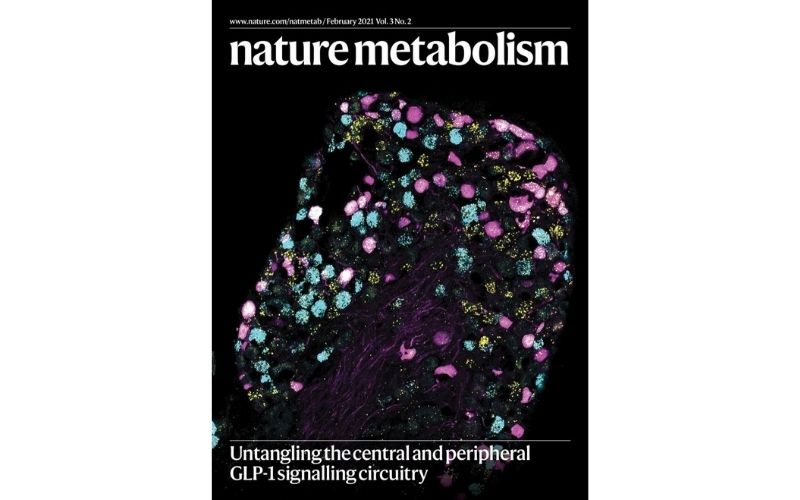
Central and peripheral GLP-1 systems independently suppress eating
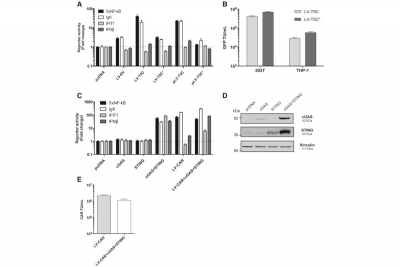
Lentiviral Vector Production Titer Is Not Limited in HEK293T by Induced Intracellular Innate Immunity
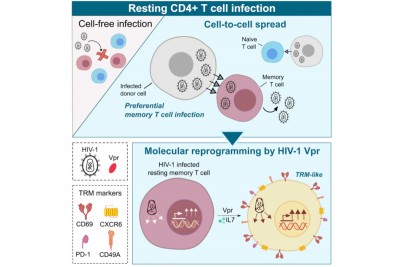
HIV-1 Vpr drives a tissue residency-like phenotype during selective infection of resting memory T cells
Find out more
For information on entry requirements, fees, how to apply and much more visit the BSc Biomedical Sciences Prospectus Page.
 Close
Close


